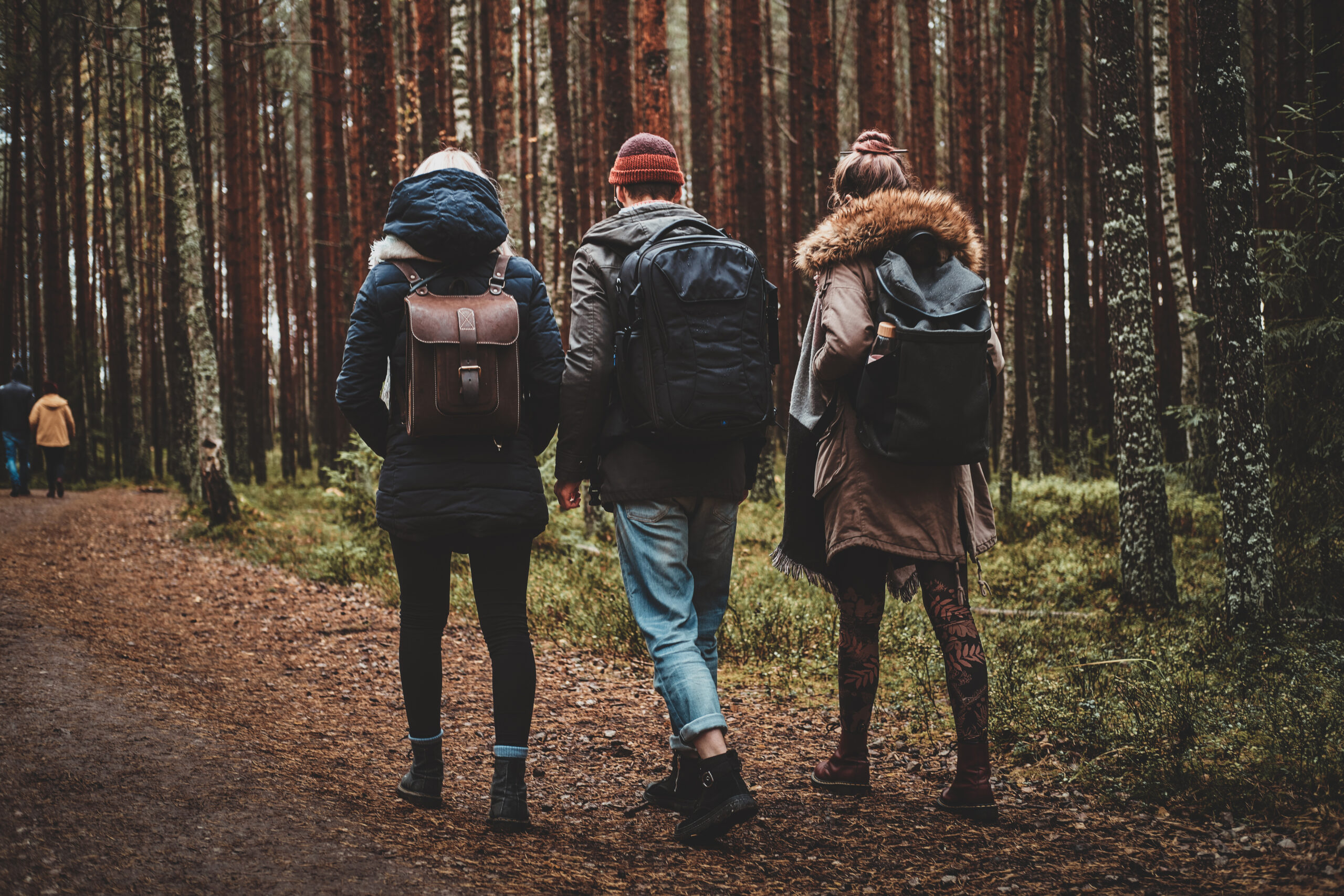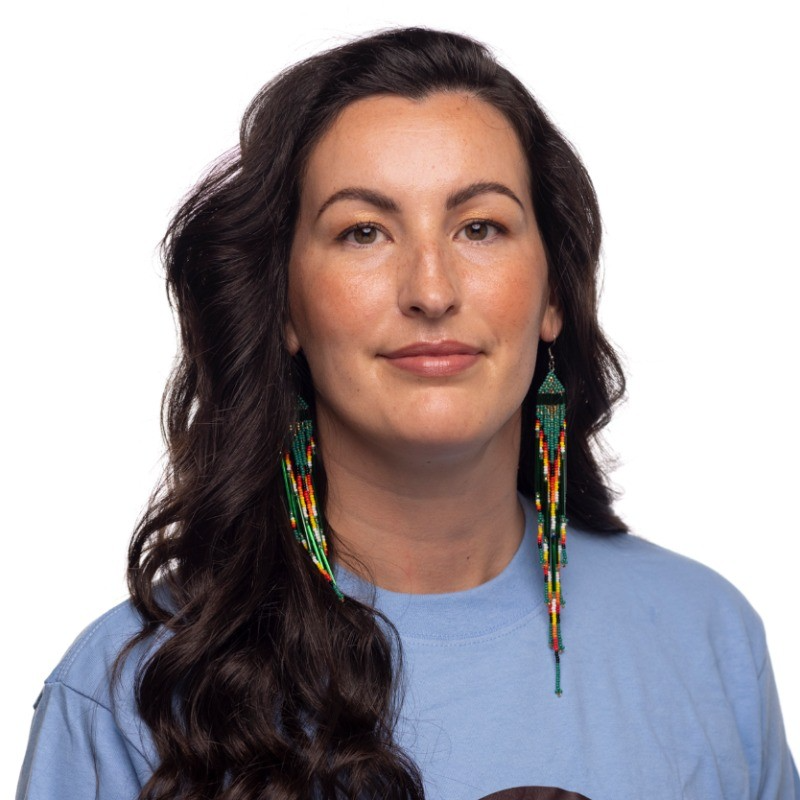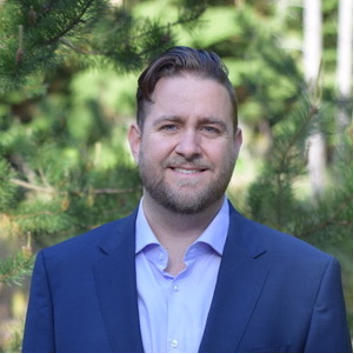Walking Together: Towards Meaningful Health Research By and With Indigenous Communities

Details
This presentation will examine the historical role of Western health science as a tool of colonization and its contribution to Indigenous communities’ distrust of Western institutions. We will introduce the Indigenous Health Research Unit at the Vancouver Coastal Health Research Unit, outlining its purpose and how we conduct and support health research across Vancouver Coastal Health. Additionally, we will discuss the responsibilities of Western-trained health scientists in acknowledging and addressing past and ongoing colonial harms in health research. At the end of the presentation attendees will be able to:
- Explain how Western science has contributed to colonialism in Canada and its impact on the health and well-being of Indigenous Peoples.
- Describe the role and function of the Indigenous Health Research Unit at the Vancouver Coastal Health Research Institute.
- Identify concrete actions Western-trained scientists can take to address colonial harms and support Indigenous health sciences and scientists.
Dr. Chenoa Cassidy-Matthews, PhD, MPH
Population Health Epidemiologist
Indigenous Health Research Unit
Vancouver Coastal Health Research Institute
Dr. Chenoa Cassidy-Matthew (she/her) is an anishininewak member of Sachigo Lake First Nation from the Barkman family, with mixed French and Scottish ancestry. She was raised in a small town near Ottawa, ON and moved to Vancouver in 2016 to pursue graduate school. Her doctoral research centred the experiences of urban Indigenous Peoples who use substances amidst concurrent public health emergencies during the COVID-19 pandemic in British Columbia. She is a Population Health Epidemiologist with the Indigenous Health Research Unit at the Vancouver Coastal Health Research Institute, where she is engaged in diverse subject areas including Indigenous food systems, climate change and resilience, and the impacts of COVID-19 and other public health emergencies on Indigenous health and care. She is a co-investigator on several local, national, and global grant-funded projects in the areas of global Indigenous adolescent health, youth gender and sexual health, Indigenous youth leadership in research, land-based healing, and arts-based methodologies. Outside of work, you can find Chenoa biking, running, or skiing in the mountains with Indigenous Women Outdoors, her husband, and her dog Kya.
Dr. Andreas Pilarinos, PhD, MPP
Program Manager
Indigenous Health Research Unit
Vancouver Coastal Health Research Institute
Dr. Andreas Pilarinos (he/him) is a settler of Greek ancestry who was raised as an uninvited guest to the occupied, traditional territories of the Xʷməθkwəy̓əm, Sḵwx̱wú7mesh, and Səl̓ílwətaʔ Peoples in what is now referred to as “East Vancouver”. Andreas has a decade of frontline experience working in low-barrier, harm reduction-based shelters and housing programs both in and outside of Vancouver’s Downtown Eastside, and has led mixed methods research examining the experiences and perspectives of adolescents and young adults seeking treatment. As a member of the Indigenous Health Research Unit, Andreas’s research interests include measuring and responding to anti-Indigenous racism within healthcare, implementing Indigenous-specific Learning Health System approaches, and advancing the research priorities of the Indigenous communities that Vancouver Coastal Health serves.

